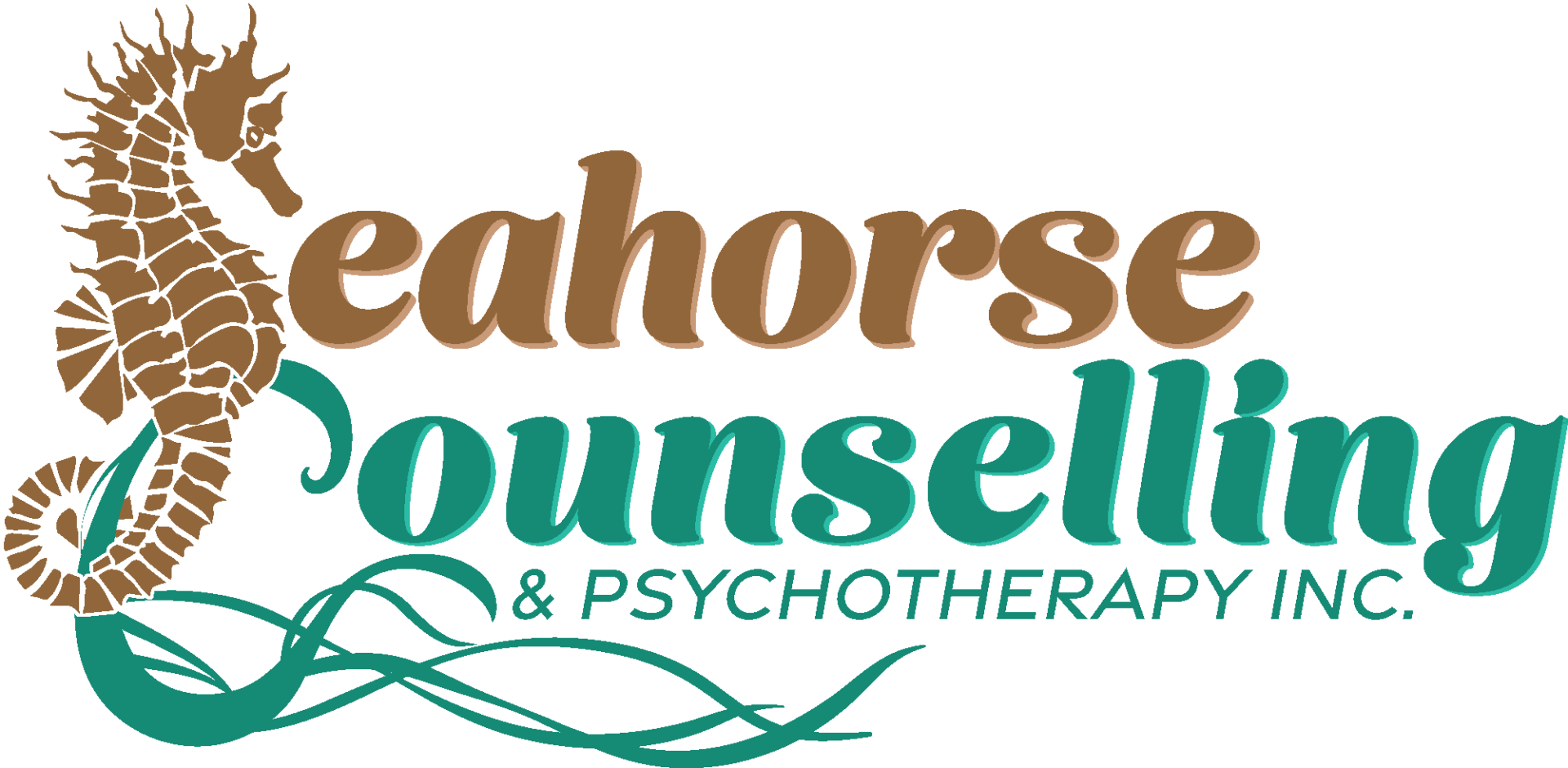With Kate Pinsonneault
I remember watching a young boy show his mom a picture he had drawn. It was a typical preschool drawing of a “sunshine person,” a circle with a head, two dots for eyes, and a smile, accompanied by two lines on each side for arms and two lines at the bottom for legs. I watched him as his mom reacted with a loud, high-pitched response, “Oh! That’s wonderful!! You’re such a good artist. I’m so proud of you!” But this 4-year-old did not respond. He turned and left, but quickly returned with a purple scribble on a sheet of paper. Her reaction was similar, “That’s amazing! You’re an abstract artist! I love it!!” The boy’s expression seemed a combination of confusion and disappointment. He knew his mom’s overly enthusiastic reaction was there for some reason, but it didn’t seem authentic, and she wasn’t showing interest in his drawing. But then his friend looked at his scribble picture and said, “Hey, that’s my favourite colour!” That unexpected, spontaneous comment elicited a grin that turned into a bright smile from this boy. It was this simple response that was genuine and relational that held meaning for him in a way that his mother’s well-intentioned response did not.
When we focus on boosting someone’s self-esteem when it is not necessary, it can do harm. Like this boy, it can lead to a sense of confusion, disconnection, or mistrust. Or, children can grow up believing that whatever they do is amazing, brilliant, and wonderful, but then feel lost or upset when others see their efforts as average. Healthy self-esteem is about being seen, accepted and feeling good about who we truly are.
Self-esteem reflects beliefs we have about ourselves. Unfortunately for most of us, these beliefs we hold have been heavily influenced by those around us. Their opinions of us not only impact the way we feel about ourselves, but they also influence our choices, affect our resilience, and establish the standards we set for our lives. A healthy level of self-esteem enables us to speak up for ourselves, pursue interests and goals even when setbacks arise, and allows us to make decisions aligned with our values. Low self-esteem, on the other hand, often leads to self-doubt, people-pleasing, missed opportunities, and regrets. Those with low self-esteem are often capable people who have learned that being who they truly are, asking for what they need, or expressing their feelings or thoughts, can put them at risk. When self-esteem has been damaged, we don’t share our strengths or pursue our passions- we protect them from being seen and criticized.
Humility can provide a protective function when the opinions of others diminish our self-esteem. Humility allows us to stay grounded in self-worth whether experiencing success or failure. With humility, we know that everyone has value and we can extend heartfelt compassion and respect to ourselves and others. In a society that tends to over-emphasize self-esteem as a virtue, it is easy to overlook the importance of humility as a route to resilience. Humility comes from knowing and accepting who we are. It’s that quiet confidence and self-assurance that is under the surface. Humility allows us to accept ourselves with all our strengths and abilities, along with our challenges and struggles. Humility offers us the inner strength to quietly be who we truly are. It counters the societal push to be what other’s expect, do better, or be better than others and allows us to be in our integrity.
Unrealistic self-esteem, without humility, can morph into arrogance. Often, these individuals develop a sense of entitlement or an inflated sense of importance, which can lead them to disregard others’ perspectives, causing work challenges or relationship problems with friends or intimate partners. On the flip side, excessive humility without self-esteem can result in stagnation, meekness, a lack of drive, or a sense of unimportance. When both self-esteem and humility are nurtured, we can be guided by our true nature and be able to celebrate our natural skills, talents, passions and accomplishments. We align with our ethics and values, able to be open to others, knowing that everyone has something to offer. And we can give willingly without compromising our own well-being. Self-esteem combined with humility builds confidence and resilience, nurtures acceptance, creates a sense of security, and allows us to be our authentic self within caring and respectful relationships. With this balance of self-esteem and humility, we can equally celebrate our talents, skills, and accomplishments and those of others, we can accept our weaknesses without feeling shame, and we are free to follow our curiosity and passions without fear of judgment. We can stay true to ourselves.
Some of the most admired people radiate that quiet confidence and genuine respect for themselves and others that comes from the balance of self-esteem and humility. These are the people who know that self-worth does not come from being recognized for what we do, but in accepting who we are and living authentically with integrity.





